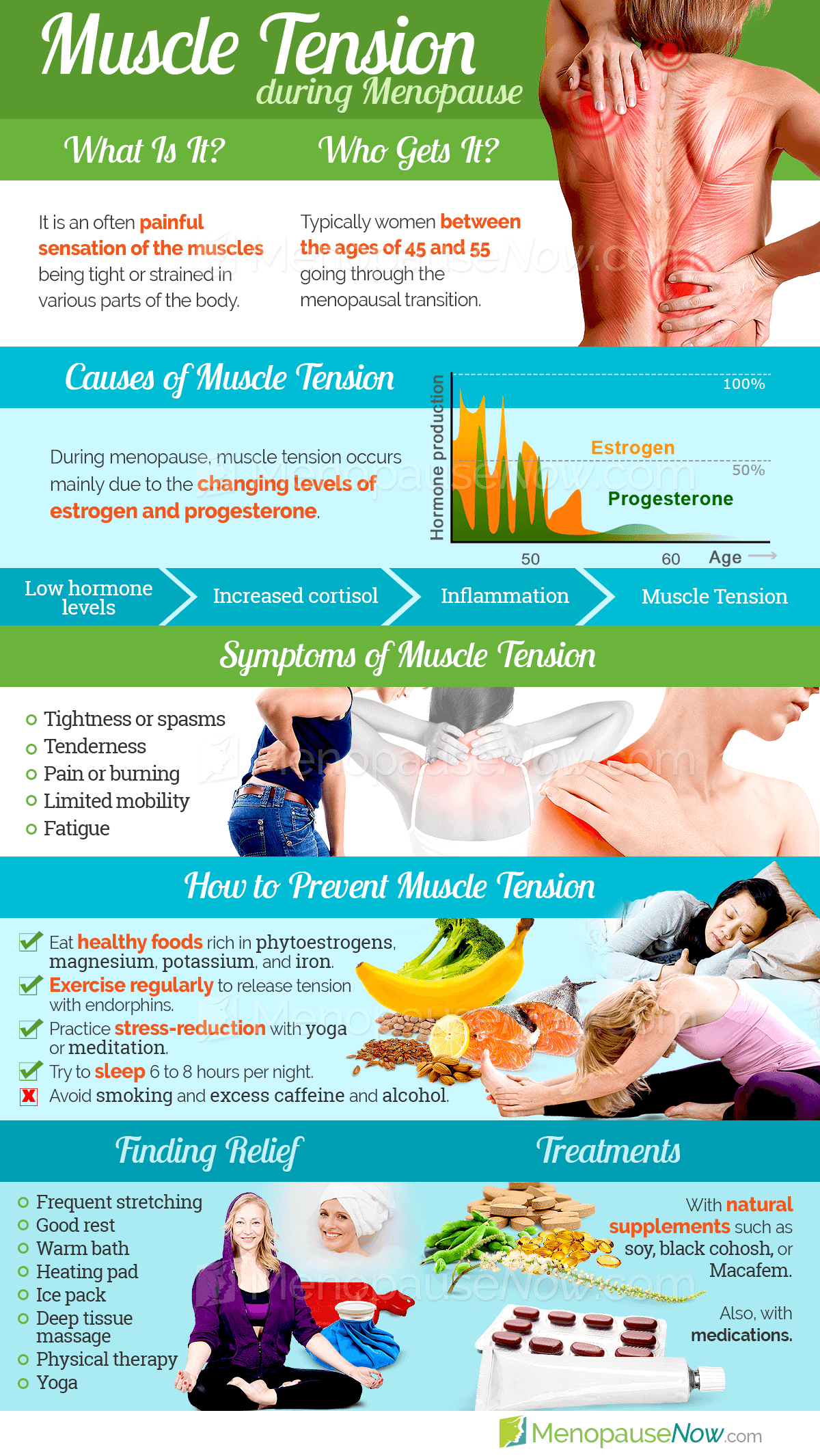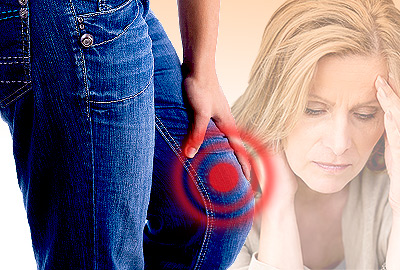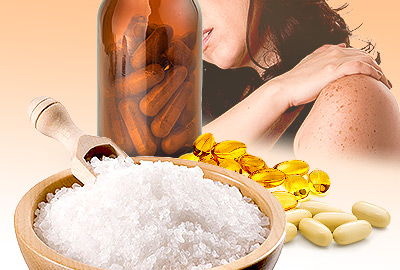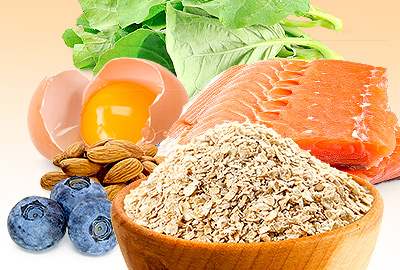As women approach menopause, many will notice the onset of muscle tension. While this symptom is a normal aspect of getting older, there are treatments that can help alleviate muscle tension related to menopause.
Women typically experience menopause and its accompanying hormone fluctuations between the ages of 45 and 55. This hormonal imbalance is typically responsible for muscle tension during the transition. Continue reading to learn more about muscle tension, its causes, and treatment options.
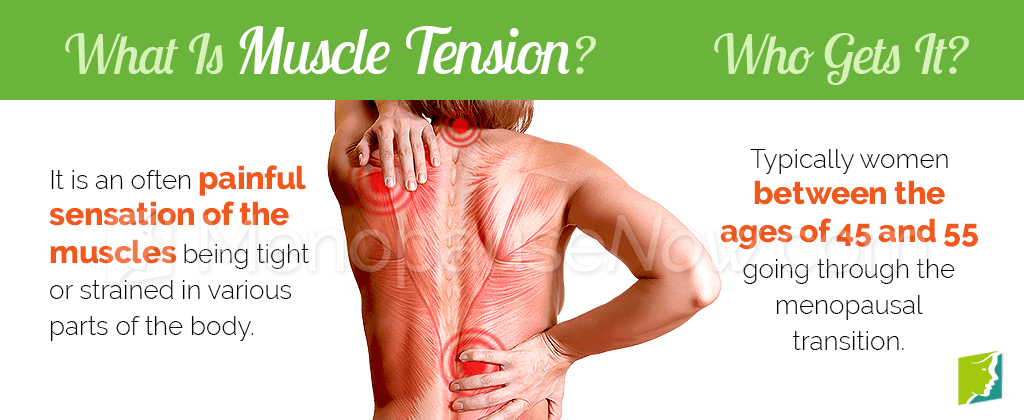
About Muscle Tension
Muscle tension is the feeling that muscles are always tight or strained, sometimes to the point of chronic pain. One can experience tension, pain, or cramps in any of the body's skeletal muscles as a result of muscle tension. The tension is closely related to stress and anxiety. The common symptoms of muscle tension are listed below.
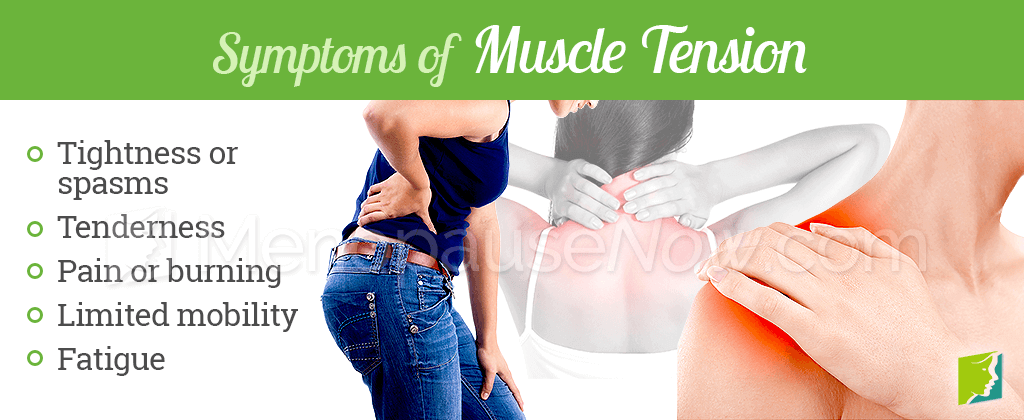
Continue reading to learn more about the causes of muscle tension.
Causes of Muscle Tension
As mentioned above, hormonal imbalance is the primary cause of muscle tension in women approaching menopause. During the menopause transition, hormone levels - primarily estrogen and progesterone - begin to fluctuate as the body prepares to cease menstruation altogether.
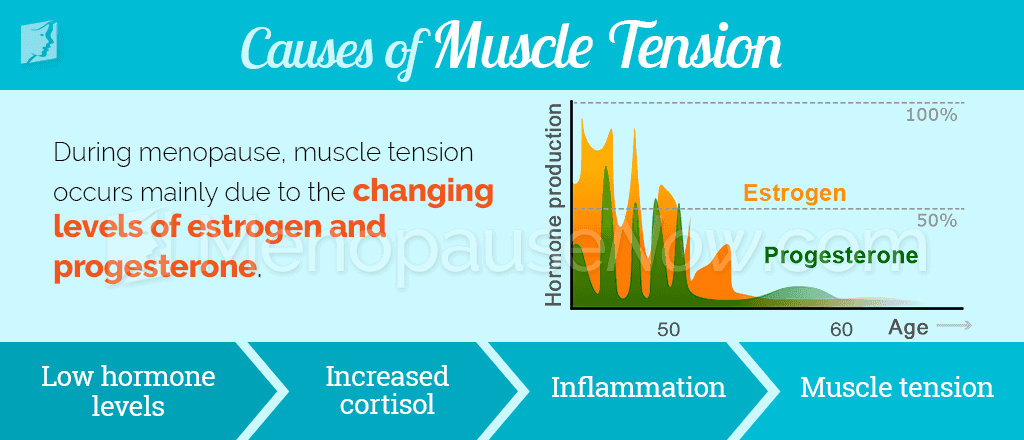
Other Causes
Although hormonal imbalance is the main cause of muscle tension prior to menopause, there are other potential causes. These are:
- Stress
- Anxiety
- Past injuries
- Inactivity
- Bad posture
Both estrogen and progesterone play a part in causing muscle tension. First, estrogen helps regulate the production of cortisol, the "stress hormone." When estrogen is too low, levels of cortisol rise, raising blood pressure and blood sugar. Extended high levels of cortisol in the face of low estrogen levels causes the muscles in the body to tighten and become fatigued.
Progesterone also affects the muscles. When levels of progesterone begin to drop prior to menopause, muscles tend to become tense.
Continue reading to find out the best treatment options for muscle tension.
Muscle Tension Treatments
To treat muscle tension, it's important to explore treatment options that get to the root of the problem while minimizing the risk of harmful side effects. To this end, it is generally recommended to begin with healthy lifestyle adjustments and then move on to other treatments only if necessary at that point.
Lifestyle changes are the least obtrusive form of treating muscle tension. A woman who suffers from muscle tension should first try simple muscle stretches. It's also important to get enough sleep and eat a healthy diet high in protein and essential micronutrients.
Alternative medicines are the next tier. These often involve herbal supplements, vitamins, and techniques like therapeutic massage. It's important to realize that there are some alternative medicines, sometimes called natural remedies, which will treat the symptoms but not the underlying cause of muscle tension. Because muscle tension largely due to hormonal imbalance, herbs that help to stimulate natural hormonal production are ideal.
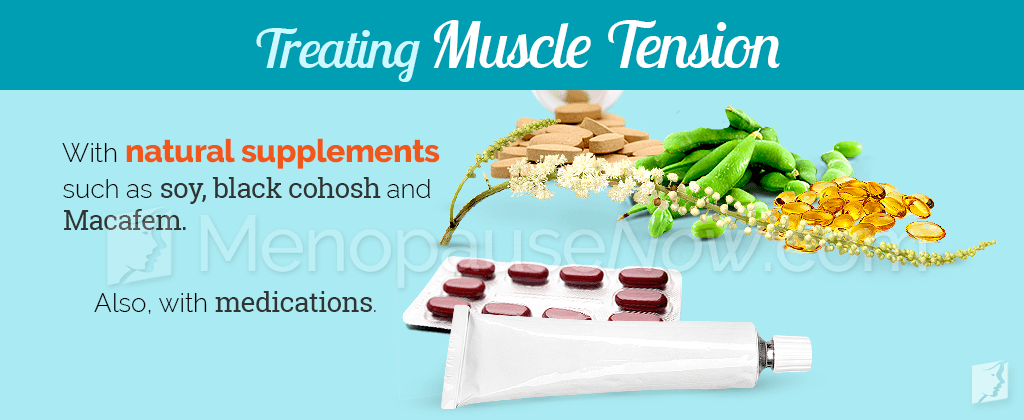
Finally, medications, such as painkillers, may be necessary in extreme cases of muscle tension. Although medications might be the only way to attain relief for some women, they typically come with side effects. It's crucial to consult a physician to develop an individualized treatment plan.
Click on the following link to learn specific treatments for muscle tension, which begin with lifestyle changes, move onto alternative medicines, and finally, if those options don't seem to help, medications. The most effective treatments typically combine lifestyle changes and alternative medicines.
Sources
- Maltais, M.L. , Desroches, J. & Dionne, I.J. (2009). Changes in muscle mass and strength after menopause. Journal of Musculoskeletal & Neuronal Interactions, 9(4), 186-197. Retrieved from http://www.ncbi.nlm.nih.gov/pubmed/19949277
- National Institutes of Health. (2015). Muscle aches. Retrieved May 16, 2016, from https://www.nlm.nih.gov/medlineplus/ency/article/003178.htm
- Office on Women's Health. (2012). Menopause and menopause treatments fact sheet. Retrieved May 16, 2016, from http://www.womenshealth.gov/publications/our-publications/fact-sheet/menopause-treatment.html

